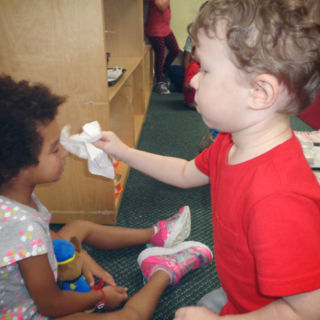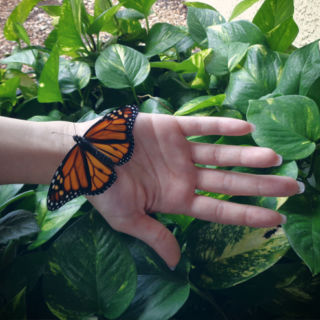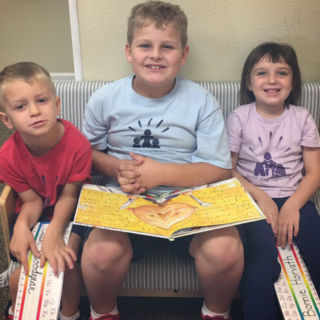
Montessori teachers are specifically trained in providing the right mix of support and freedom within limits, allowing each child to grow at their unique rate of development. The teacher functions as a role model, guide, demonstrator, and meticulous observer of each student’s behavior and growth.
One important Montessori teaching strategy is called the three period lesson, used to introduce a new lesson/concept and lead the children along a path to understanding and mastery.
In the area of language, the concept is used to increase, enrich and broaden a child’s vocabulary. It is expected that, at the end of the three period lesson, the children will move from a basic understanding of the materials in the classroom to mastery over them.
This method is best explained using examples. So let’s use a square and a triangle:
1) The first period is the introductory or the Naming Period, where it is best to isolate the desired material that the child needs to learn, so “this is a square”, showing only the square. Placing the square out of view, now introduce the triangle, saying “this is a triangle”. Then we put it away.
2) The second period is the Recognition and Association Period. Here we place both square and triangle in front of the child and we now say: “show me the square; then show me the triangle”, allowing the child to recognize the materials without help. There are many variations teachers will use to hold the child’s interest such as “hold the square in your hand” or “put the triangle in the basket”. This handling and movement increases the kinesthetic memory and will solidify a child’s recognition of the object’s name.
3) The third period is the Recall Period. The materials are again isolated, as the triangle is placed in front of the child with the question asked: “what is this?”. It is taken away and the procedure is repeated with the square. This is the chance for the child to verbally recall the name of the objects. The Montessori teacher is careful to only proceed to this period if she feels the child will be successful. In a situation where the child is unable to recall the names, the Montessori teacher gives the names again and casually ends the lesson without making the child feel as though they’ve failed.
At the end of the lessons, the child will not only grasp the concept of identifying materials but will also learn the names of the materials, building vocabulary. Children are then free to work at their own pace with the materials they have chosen, either alone or with others. This gives our children greater confidence, makes them more competent and independent and leaves them yearning to do more.
The aim is to encourage active, self-directed learning and to strike a balance between individual mastery and small-group collaboration.



